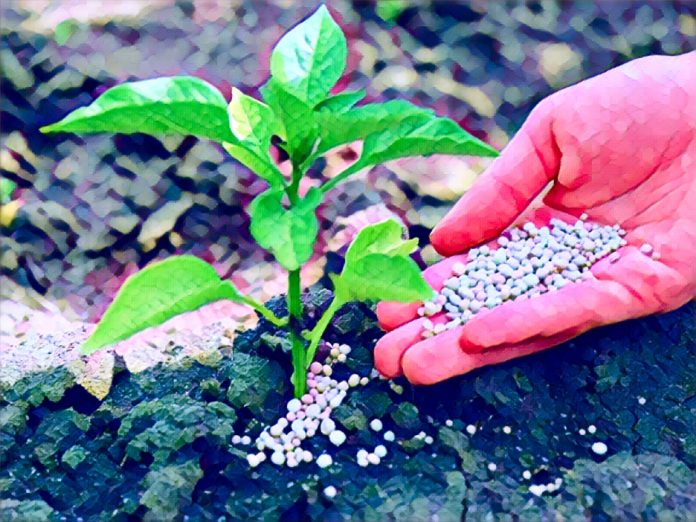Key Points
-
Farmers say the fertiliser price hike is squeezing profits and discouraging crop production.
-
Many rely on organic manure, but it cannot match industrial fertilisers.
-
Without action, the fertiliser price hike risks worsening food insecurity nationwide.
Farmers in Abuja’s Bwari Area Council are complaining about how the rising cost of fertilisers and agrochemicals is threatening food production, leaving smallholders struggling to keep up with soaring prices.
Mr. Phillip Akuso, a farmer in Baran-goni community, said a bag of NPK and Golden Urea that sold for between N35,000 and N37,000 last year now goes for as much as N47,000.
Akuso is not alone. Across farming communities in the Federal Capital Territory, growers say the fertiliser price hike has become a bigger threat to their survival than bad weather.
Rising costs push farmers to the brink
Fertiliser is essential for boosting yields, yet the price has soared beyond reach. Urea and NPK, once staples for farmers, now cost between N25,000 and N47,000 per bag depending on the grade.
For smallholder farmers who cultivate only a few hectares, that kind of outlay can wipe out profits before harvest even begins.
“Every year it gets worse,” Akuso said, linking the increase to rising fuel costs that feed directly into fertiliser production.
“We want to produce more food, but the government expects us to do it with empty hands.”
Organic manure seen as imperfect alternative
Some farmers, like Mr. Bawah Malik of Sabon-Gari, have started turning to poultry manure and cow dung as a cheaper substitute.
But even that market is under pressure, with prices climbing to between N5,000 and N6,000 per bag.
“Suppliers ask you to book weeks ahead because demand is crazy,” Malik said. “Everyone is rushing for it since most of us can’t afford NPK anymore.
But organic manure can’t do everything. If you need 20 bags of fertiliser for your farm and can only afford five, how do you expect to get the same harvest?”
The result is smaller yields and a growing sense of despair. Farmers worry that if this continues, more people will abandon farming altogether.
Fertiliser price hike deepens food insecurity
Agricultural experts warn that the fertiliser price hike is not just a farmer’s problem, it’s a national crisis in the making. With food inflation already high, reduced crop output risks pushing more families into hunger.
Mr. Tanimu Ibrahim, an agriculturalist, explained that while organic manure enriches the soil long-term, it is labor-intensive and insufficient on its own.
Industrial fertilisers deliver fast nutrients but damage soil quality with heavy use. “Without a balance and without affordable access, the system will collapse,” he said.
For many in the villages around Abuja, this is not a policy debate but a question of survival. Farmers want subsidies, soft loans, or free inputs that allow them to keep planting.
Without support, they fear the land will lie fallow, and the cost of food in markets will climb beyond the reach of ordinary Nigerians.
As Malik put it: “We don’t need more speeches. We need fertiliser we can actually buy.”



